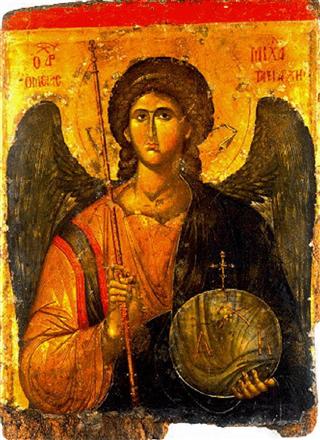
© Photo: www.pravoslavieto.com
Halva, this sweet temptation with an oriental twist, is a welcome delicacy on the Bulgarian table, especially on holidays. Judging by the descriptions of Western travellers, halva was a common dessert in Bulgarian lands as early as the 16th century. The..
The Youth Centre "Zahari Stoyanov" in the town of Dobrich, Northeastern Bulgaria, is organizing a folklore meeting of communities on the occasion of the International Day of Tolerance. The aim of the event, which will take place from today to 17..
The Bulgarian folklore dance group Vito Horo from Perth will take part in the multicultural women’s festival Harmony of Colours, taking place tonight in the Australian city, the Bulgarian association Rodina has announced. Besides the Bulgarian..
Nowadays, as in the past, households are bustling with a festive hustle from the early morning of the day of Christmas eve (Badni vecher in Bulgarian)..

+359 2 9336 661
